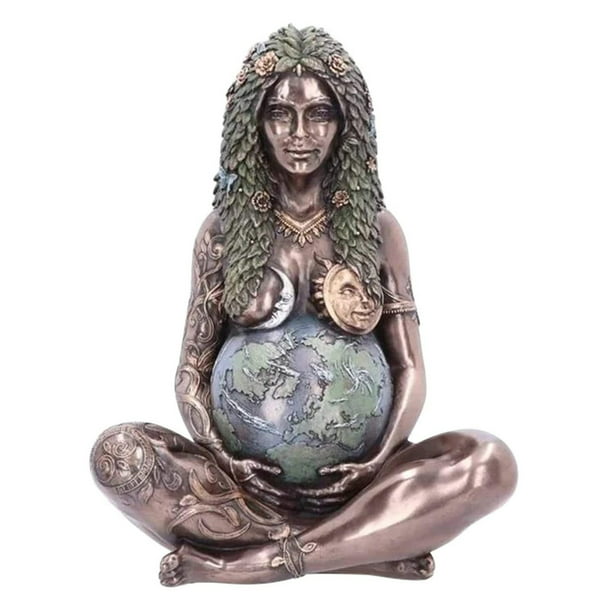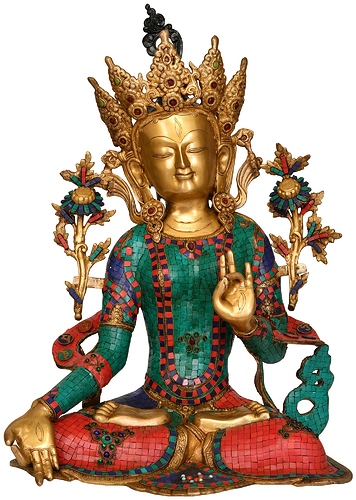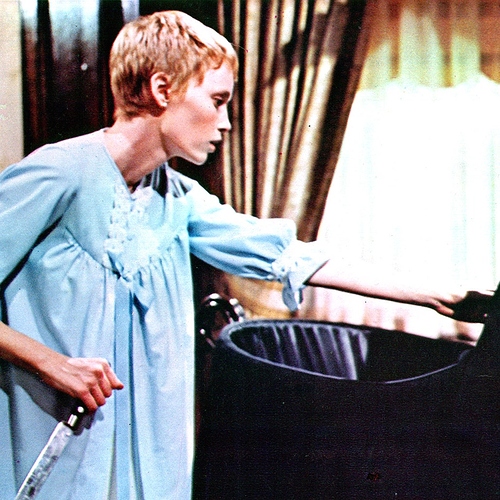Written and produced by Corey deVos
Watch as Cindy Wigglesworth, Mark Fischler, and Corey deVos take a careful look at the Supreme Court’s deeply controversial decision to overrule Roe vs. Wade, and the subsequent banning of abortion access in dozens of states across the country.
When Mark and I decided to have this conversation, we immediately knew that we wanted to invite Cindy Wigglesworth to join us. Cindy is a well-known integralist and celebrated author of SQ21: The Twenty-One Skills of Spiritual Intelligence. She is also a practicing Christian who has been part of a number of traditional and progressive communities, and happens to live in the state of Texas, which has become one of the primary front lines for this particular culture war.
At its core, the abortion issue may be one of the greatest and final metaphysical battles in American society, where the kinds of views, values, and moral reasonings we bring to the issue flow downstream from our (often unexamined) metaphysical assumptions and presuppositions. The question of where “personhood” begins, for example, is not a merely legal or semantic question, but is at its heart a metaphysical question. Religious fundamentalists possesses one set of metaphysical assumptions, scientific materialists possesses another set, and postmodern relativists possess yet another set — and as a result, each of these groups enacts the ethics and politics of abortion very differently.
So when it comes to something like “the sanctity of life”, how does it change from one developmental stage to another?
For Amber, “sanctity of life” is often seen as absolute, such as the idea that “personhood” begins at conception, typically based on any number of traditional ethics, religious beliefs, and metaphysical assumptions. In fact, the Amber stage is often where ideas of sanctity come online for the first time, an astonishing evolutionary emergence that in many ways creates the very foundation of civilization itself. However, this sanctity is often only extended to members of a particular group, limited by the ethnocentrism that comes naturally to this stage (such as laws that force rape victims to bring their fetus to term, or eliminating access to abortion for medical emergencies, both of which privilege the rights of the fetus to the exclusion of the rights of the mother).
For Orange, notions of “sanctity” are often plugged into a larger humanitarian context, stemming from universal notions of freedom, justice, and the dignity of the individual. At its extreme, Orange views of sanctity can often appear profane to the Amber stage, especially when the metaphysics of scientific materialism result in a fetus being regarded merely as a “clump of cells”.
For Green, “sanctity” is primarily focused upon expanding and protecting rights for the oppressed and marginalized, emphasizing things like reproductive and bodily autonomy, while also insisting that our perception of sanctity is itself a cultural construct that tends to vary greatly from one group to another. Pushed to its extreme, Green can often lapse into Amber ethnocentric methods of enforcing this kind of postmodern sanctity — such as only emphasizing the rights of women to the exclusion of the rights of the unborn, sometimes even going so far as to regard a fetus as a “parasite” until it’s been born.
For Teal and Turquoise, “sanctity of life” is a far more complex moral calculus, a “metaphysics of wholeness” that factors in things like the depth of the interior (we more easily extend sanctity to human beings than we do to slugs), the span of the exterior (we prioritize endangered species over non-endangered species, even if that species possesses a significantly lower level of interior depth), and all the various intentional, behavioral, cultural, and systemic factors that contribute to these kinds of wicked problems. And unlike prior stages of development, the Teal and Turquoise stages do not seek to impose their views and values on everyone else, but rather to create systems that allow all stages to be themselves and pursue their own ends, while also governing our society from the highest stages possible. Our notions of sanctity at these stages are plugged directly into the Ground of Being itself — an effortless recognition that all things emerge from and return to this Ground; that everything is equally sacred (including the profane); that everything is always already perfect (including the broken). As such, these integral stages deliver our sense of “sanctity” from the ethnocentric, through the worldcentric (expanding and extending outward to embrace things like trees, rivers, frogs, and whole ecosystems), and into the kosmocentric, where all manifest reality is seen as the radiant play of Spirit.
So where does that leave us? As we can see, each of these stages has very different — and often conflicting — methods of enacting and enforcing their own metaphysics of sanctity, which continues to fuel our already furious culture wars. What is an integralist to do? How do we thread so many different needles at once?
The integral moral imperative is simple: we seek to reduce the most suffering for the most beings possible, as appropriate for the gradients of interiority those beings possess (e.g. their capacity to feel suffering in the first place). Which is why the three of us agree that the 6-3 decision to abandon the Roe precedent marks a very dangerous social regression — one that prioritizes traditional Amber values, while closing the door on post-conventional altitudes and attitudes, and therefore threatens to send the entire spiral of development into violent disarray. Our judgment here does not come from a wholesale rejection of Amber, but rather from Amber’s rejection of these later post-conventional stages, and the suffering that will emerge (and has already emerged) from that rejection.
This brings us back to something I mentioned a few paragraphs back — the goal, always, is to find a way to allow all of these healthy stages to be themselves, while also governing from the highest stages available in order to create systems that allow everyone to maintain their own convictions without imposing them on everyone else.
Which, as Ken Wilber pointed out in a previous episode of The Ken Show, is exactly what the original Roe vs. Wade decision allowed. It was the most skillful compromise possible for our particular society, with the overall center-of-gravity it currently has. It was a compromise that allowed Amber to be Amber and follow its own virtues. It allowed Orange to be Orange, to make appropriate medical decisions and to use things like education and contraception to reduce the total number of unwanted pregnancies in our society. And it allowed Green to be Green, to reinforce women’s agency and autonomy over their own bodies and roles and reproductive freedoms. It was an imperfect decision, tenuously maintained by judicial precedence — but likely the best we could hope for at that current moment in history.
So while we are deeply dismayed by the Supreme Court’s decision to overturn federally protected access to abortion, we nonetheless remain ever hopeful, even in the face of this disruption. You could even say we are hopeful because of this disruption — more often than not, disruption clears a path for new solutions, new social inertias, new paths of emergence that can bend the moral arc of history further into the future. It’s easy to take for granted the hard-won freedoms that many of us inherited, and it’s only when those freedoms are threatened that we begin to comprehend just how fragile progress can be (and how easily social entropy can send us backward when we become complacent and distracted by frivolous things).
We hope that conversations like these can help point the way toward a new and still-nascent vision of justice, one based on principles of inclusion, wisdom, empathy, and discernment.
A vision that can actually be selected and celebrated by the fullest possible spectrum of humanity, from traditional to modern to postmodern and beyond.
A vision that actively expands our reverence for the sanctity of all life, everywhere we find it, reducing suffering for the greatest number of sentient beings — not only the born and unborn, but also the countless future beings who have yet to be conceived.
We hope that you can help us bring that vision to life.
 But I’d add the caveat that most others do: “while I don’t agree with many of her policies, I certainly respect and honor her for what she has done in trying to uphold democracy and hold accountable you-know-who and allies.”
But I’d add the caveat that most others do: “while I don’t agree with many of her policies, I certainly respect and honor her for what she has done in trying to uphold democracy and hold accountable you-know-who and allies.”






